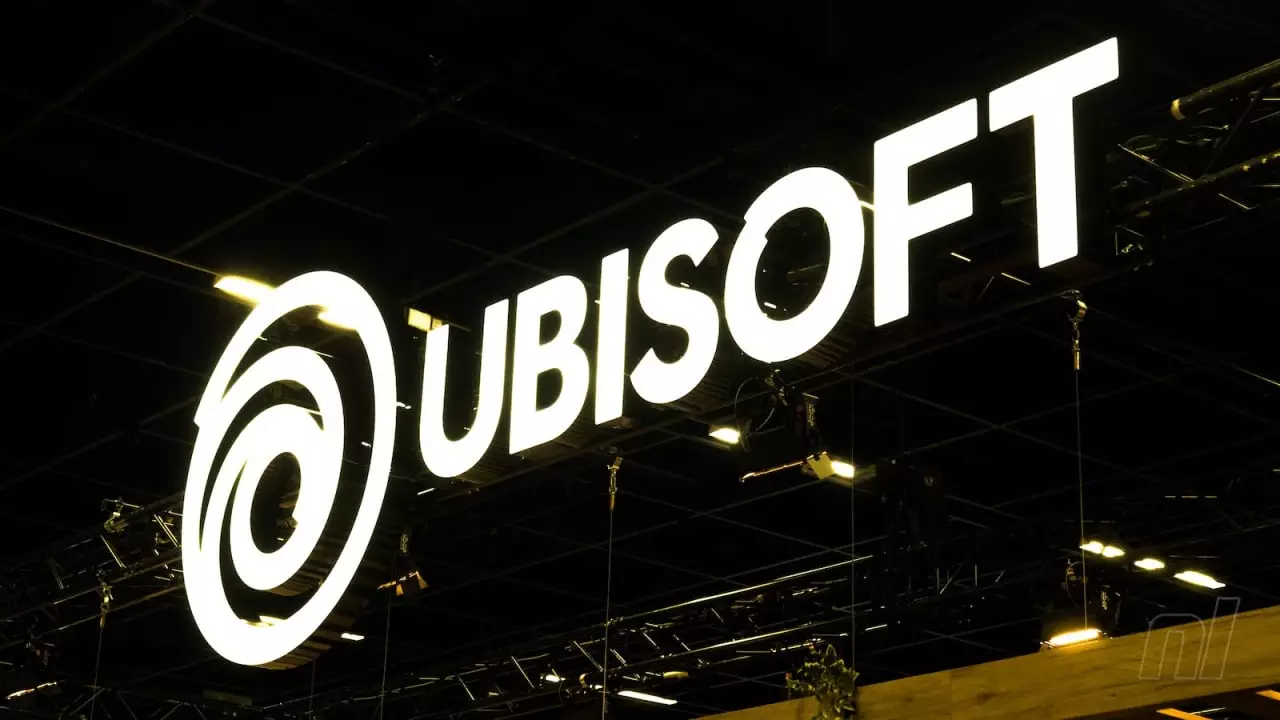In the ever-evolving landscape of the video game industry, companies must continuously adapt to survive and thrive. Recently, Ubisoft has taken significant strides towards transformation by announcing an ambitious partnership with Tencent, a prominent player in the global gaming market. This move is not just about financial investment; it’s a revolutionary shift aimed at redefining how Ubisoft operates and ensures long-lasting engagement with its main franchises, namely Assassin’s Creed, Far Cry, and Tom Clancy’s Rainbow Six.
Ubisoft’s strategy outlines an intention to create “evergreen” gaming ecosystems, which signals an understanding of what contemporary gamers desire — immersive experiences with continual updates, innovative gameplay mechanics, and engaging multiplayer interactions. The infusion of €1.16 billion from Tencent represents a calculated risk that could very well elevate Ubisoft’s creative vision and operational efficiency. The announcement is a testament to both companies’ belief in their joint potential to produce groundbreaking gaming experiences.
Transforming the Game Development Paradigm
In his statement, Ubisoft CEO Yves Guillemot articulated the company’s ambition to create a more dynamic operating model. By establishing a dedicated subsidiary focused solely on its key franchises, Ubisoft hopes to streamline creative efforts and ensure more responsive development practices. It’s refreshing to see a company take a risk on autonomy within its structures, empowering leadership teams to pivot quickly in response to industry trends and player feedback.
This approach aligns closely with the modern gamer’s expectations. They demand not only high-quality narratives in single-player modes but also thriving multiplayer landscapes that evolve over time. Ubisoft’s commitment to expanding its multiplayer offerings, along with an increased cadence of content releases, appears to be a response to the ever-growing demand for continuous engagement in gaming. Fostering ecosystems that adapt and grow can very well ensure loyalty from an increasingly fickle consumer base.
An Eye on Innovation
A critical component of this transition is Ubisoft’s eagerness to leverage emerging technologies. By expressing an ambition to integrate “cutting-edge and emerging technologies” into game development, the company is positioning itself at the forefront of innovation. As gaming technology evolves—think cloud computing, augmented reality, and machine learning—Ubisoft’s proactive stance suggests an understanding that the next big breakthrough could happen at any moment. By staying agile, they can respond effectively, delivering experiences that go beyond traditional gameplay.
However, integrating new technologies also brings challenges. Ubisoft needs to ensure quality and depth in its gameplay rather than superficially tacking on new tech. If the goal is to create memorable gaming experiences, it’s essential that these advancements genuinely enhance gameplay rather than distract from it.
The Tencent Influence: What It Means for Ubisoft
The partnership with Tencent is particularly notable given China’s increasing dominance in the global gaming market. Tencent’s reputation for supporting grassroots game development while also shaping larger publishers makes it an intriguing ally for Ubisoft. The investments are poised to rejuvenate some of their most beloved franchises while also expanding into emerging genres and experiences.
Yet, as with any collaboration, there is a thin line between financial dependency and collaborative innovation. Ubisoft must ensure that, while Tencent’s investment provides necessary resources, the relationship doesn’t stifle its creative independence. Balancing this relationship will be crucial in determining if the partnership will yield enjoyable games that respect the company’s legacy while fostering exploration and novelty.
Looking Ahead
As rumors swirl about Ubisoft’s future titles planned for the Switch 2 and current launches like Assassin’s Creed Shadows, the company finds itself at a critical juncture. This strategic transformation may just be the jolt of energy needed to revitalize exhausted franchises and keep players enthralled in a constantly changing gaming environment. However, the responsibility now falls on Ubisoft to elevate its franchises into the unforgettable realms of gaming mythology.
This moment could define Ubisoft’s legacy in the industry — not only for how they respond to the challenges of contemporary gaming but for how they reshape their operational core to engage a new generation of players. As they navigate these turbulent waters, it will be fascinating to observe whether Ubisoft can genuinely exceed player expectations and deliver games that resonate, thus ensuring their place atop the gaming pantheon.


Leave a Reply